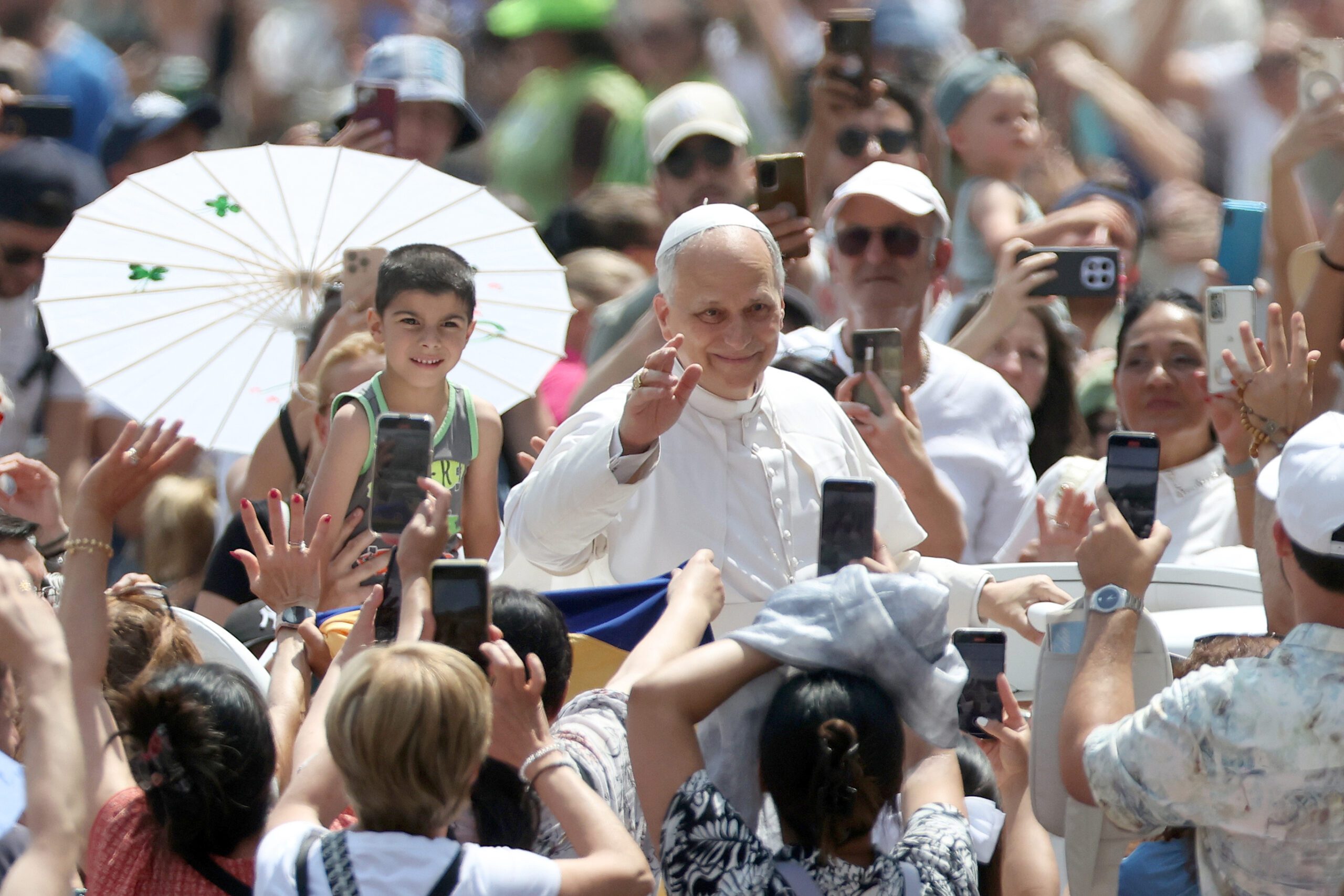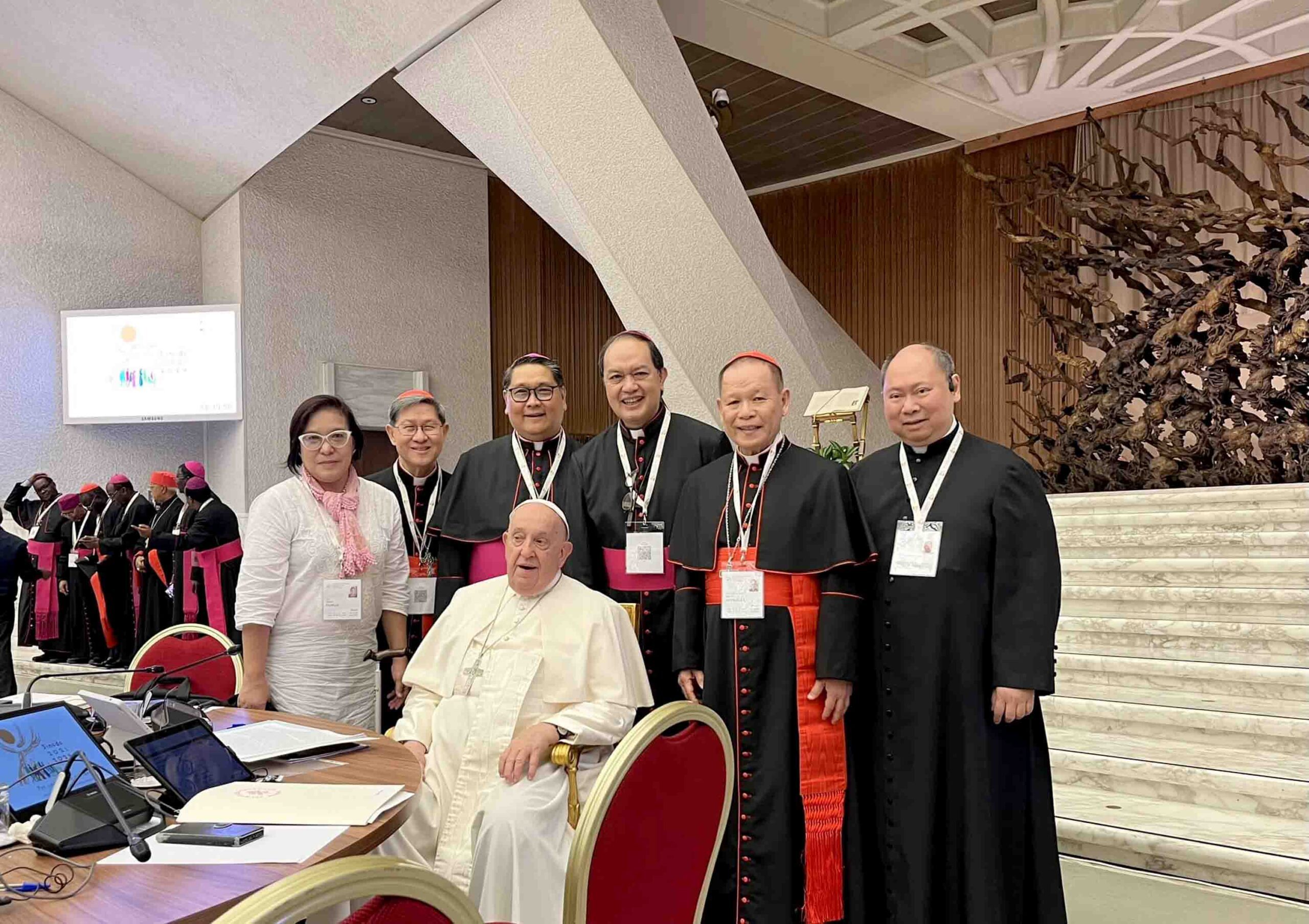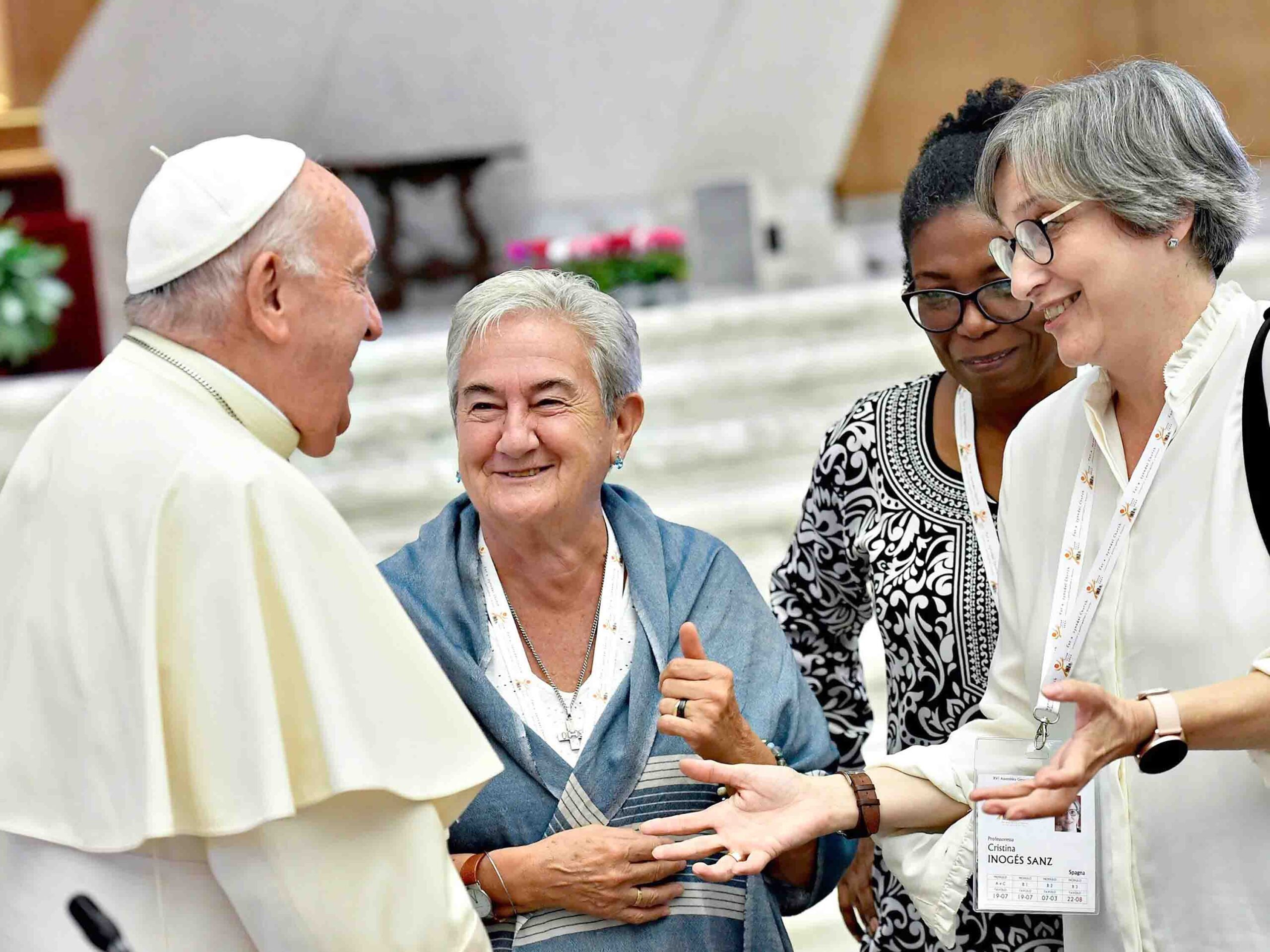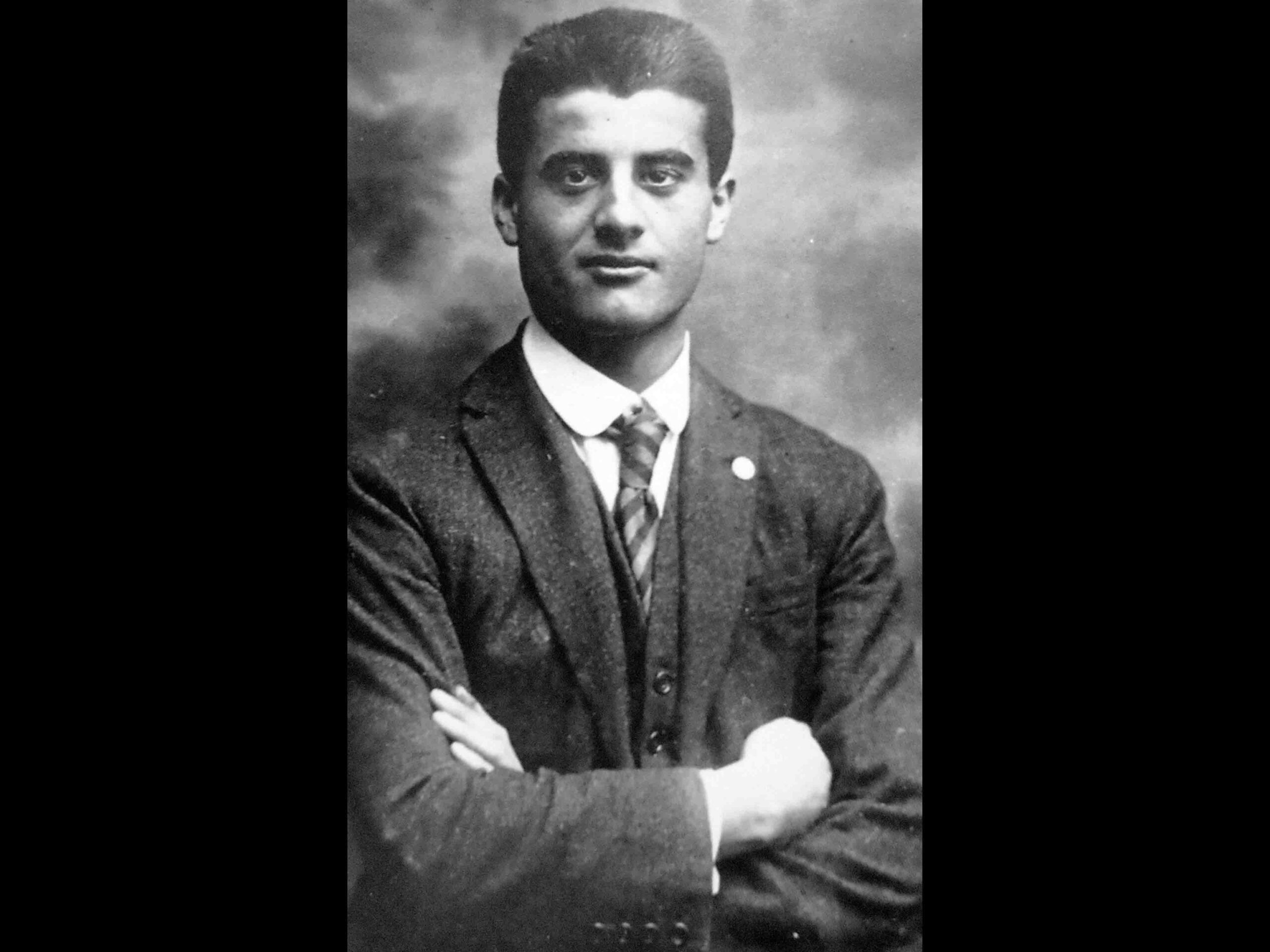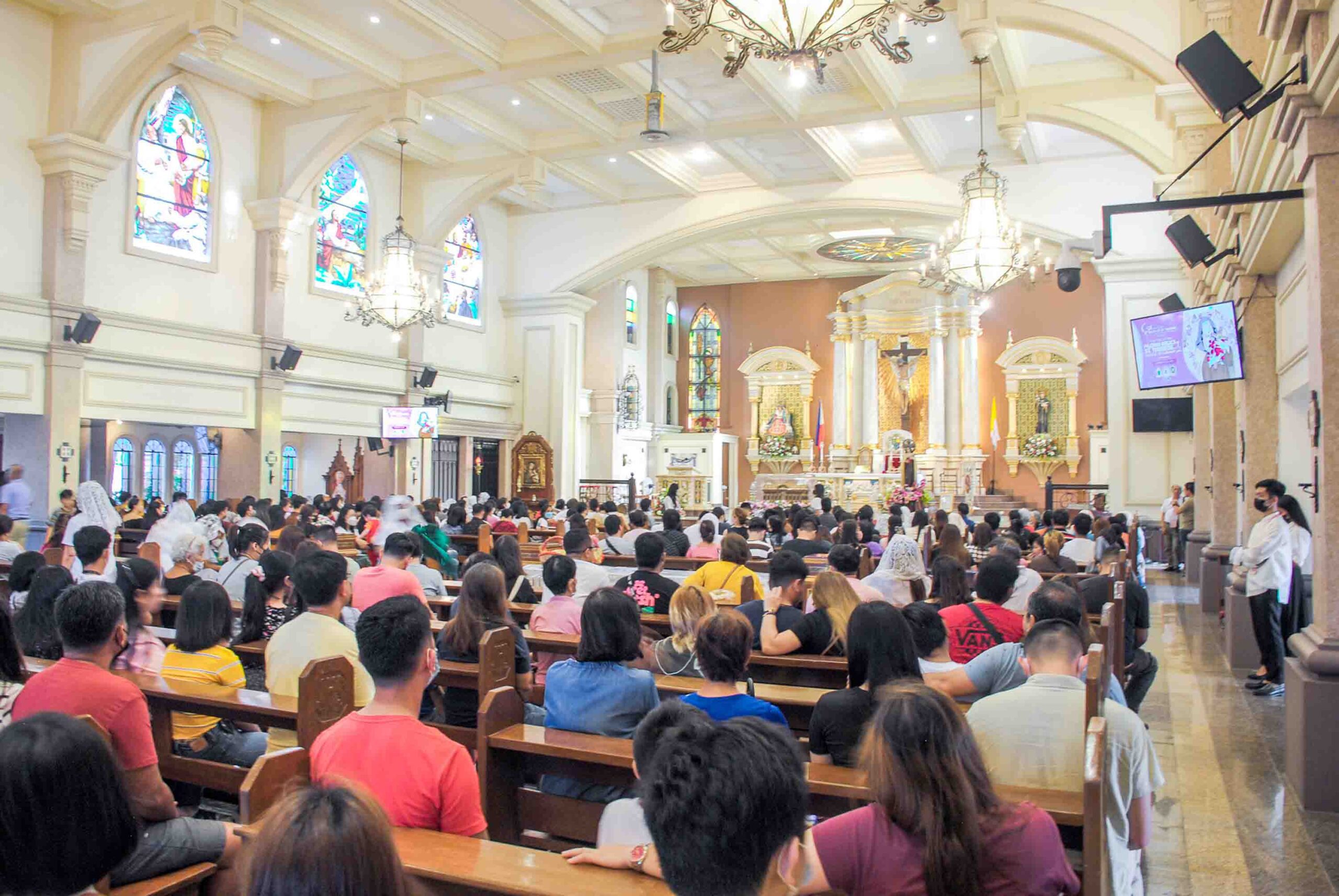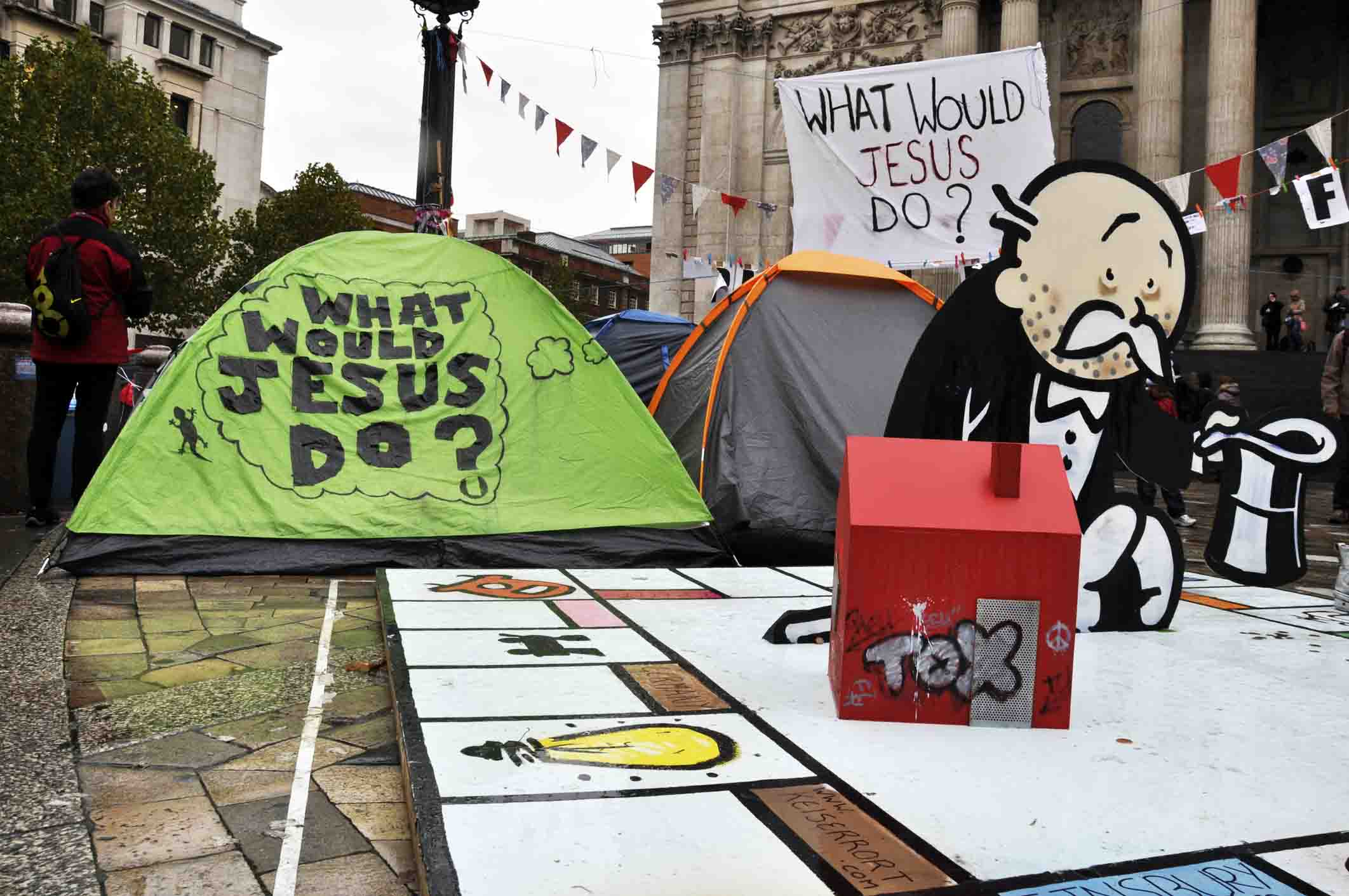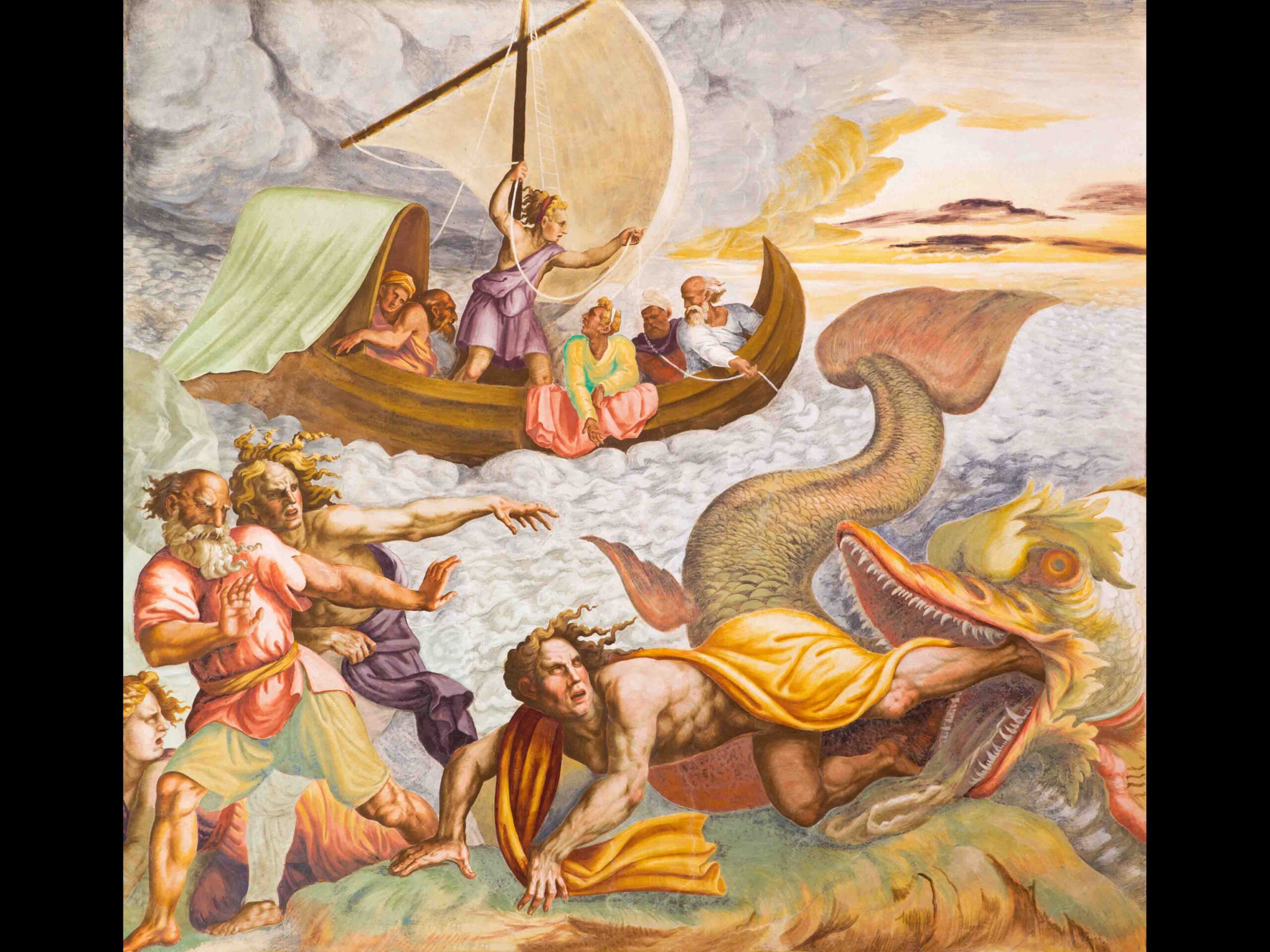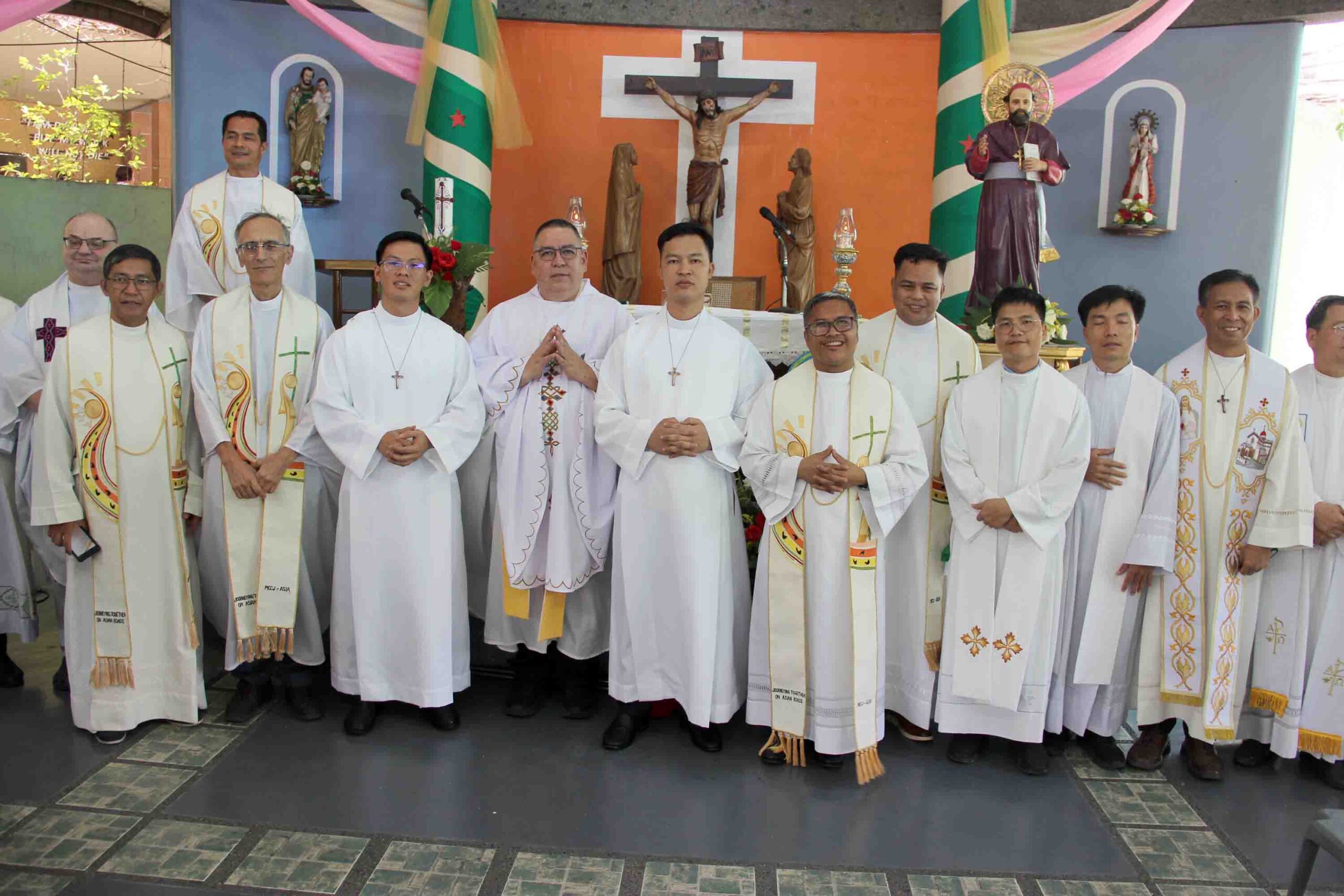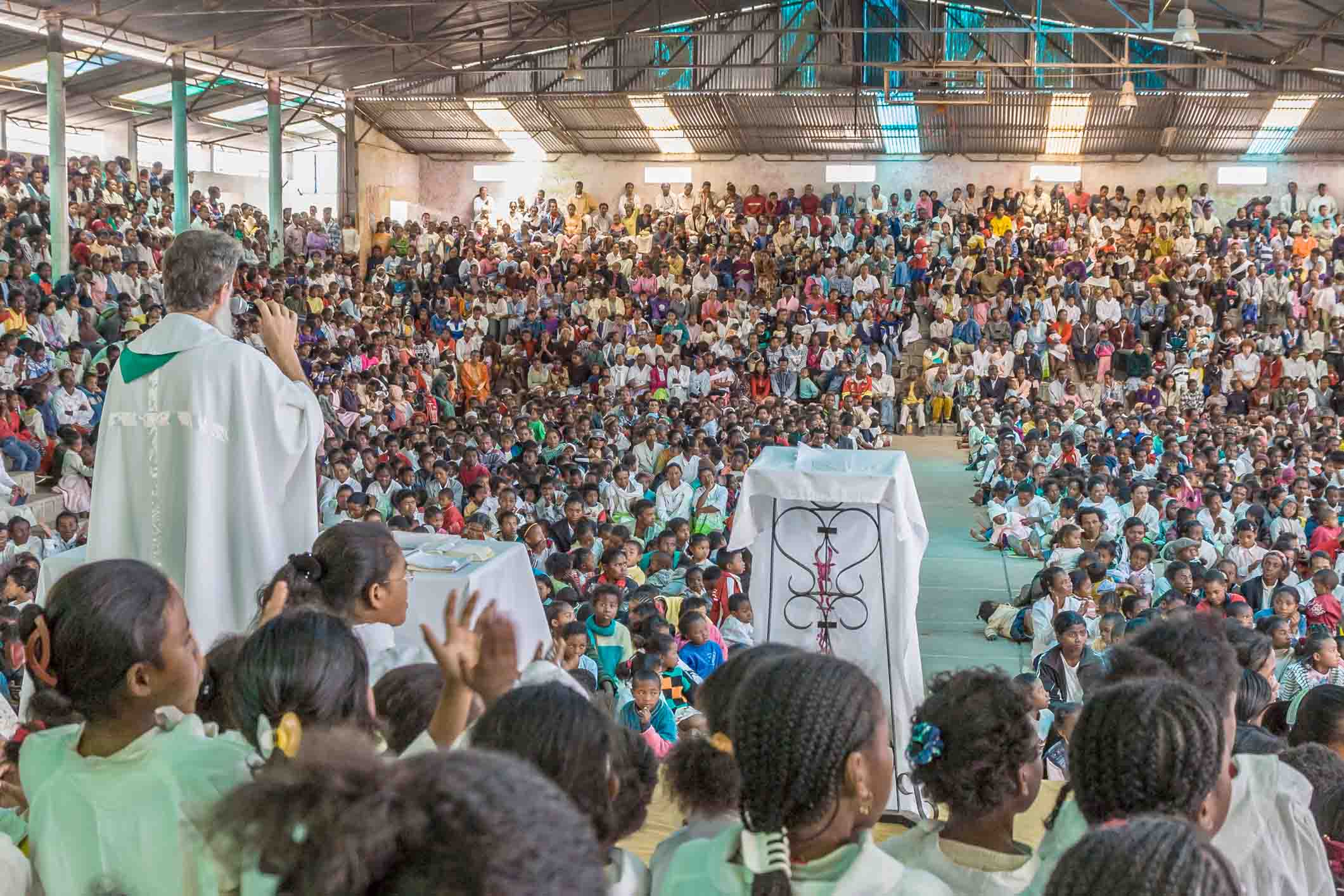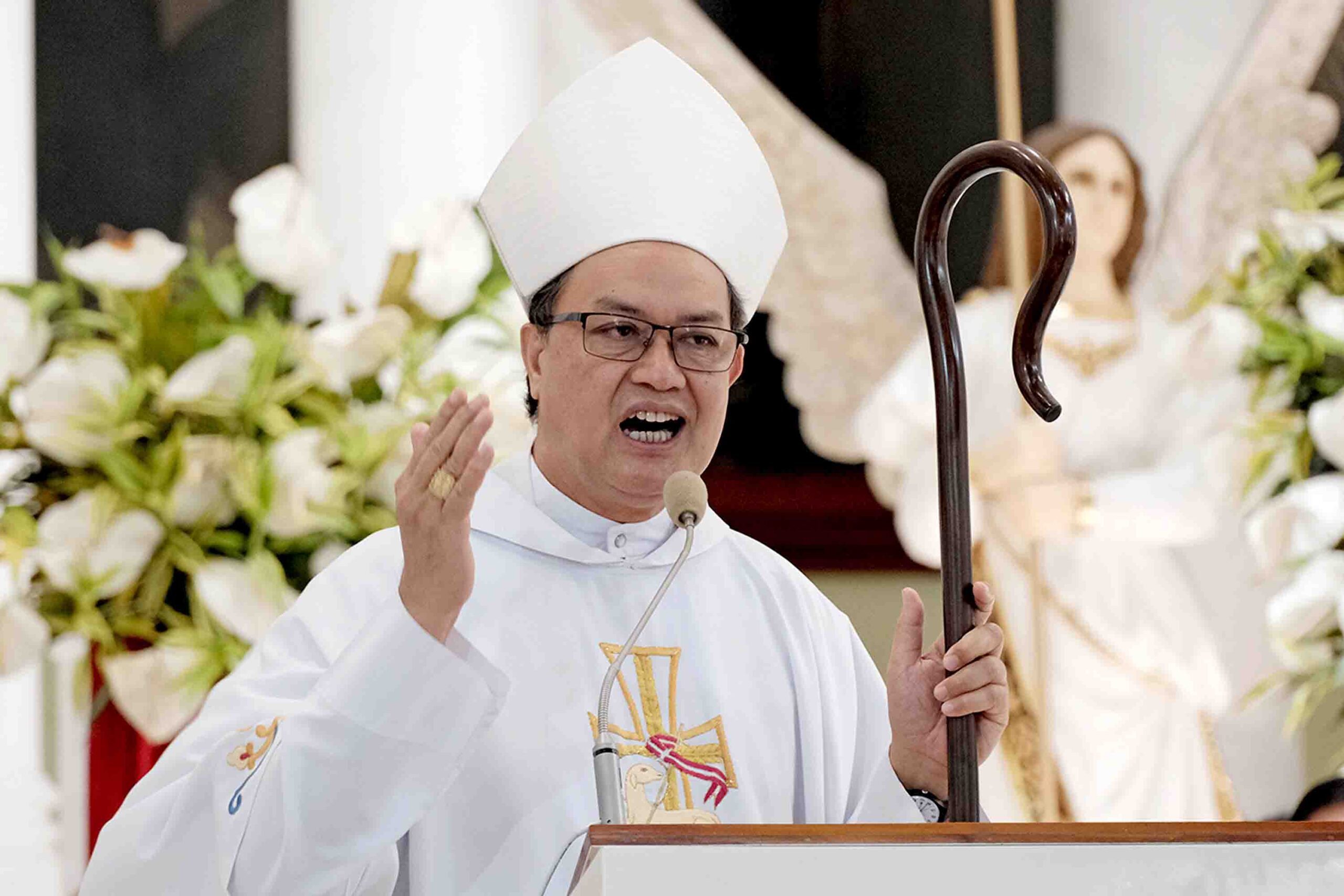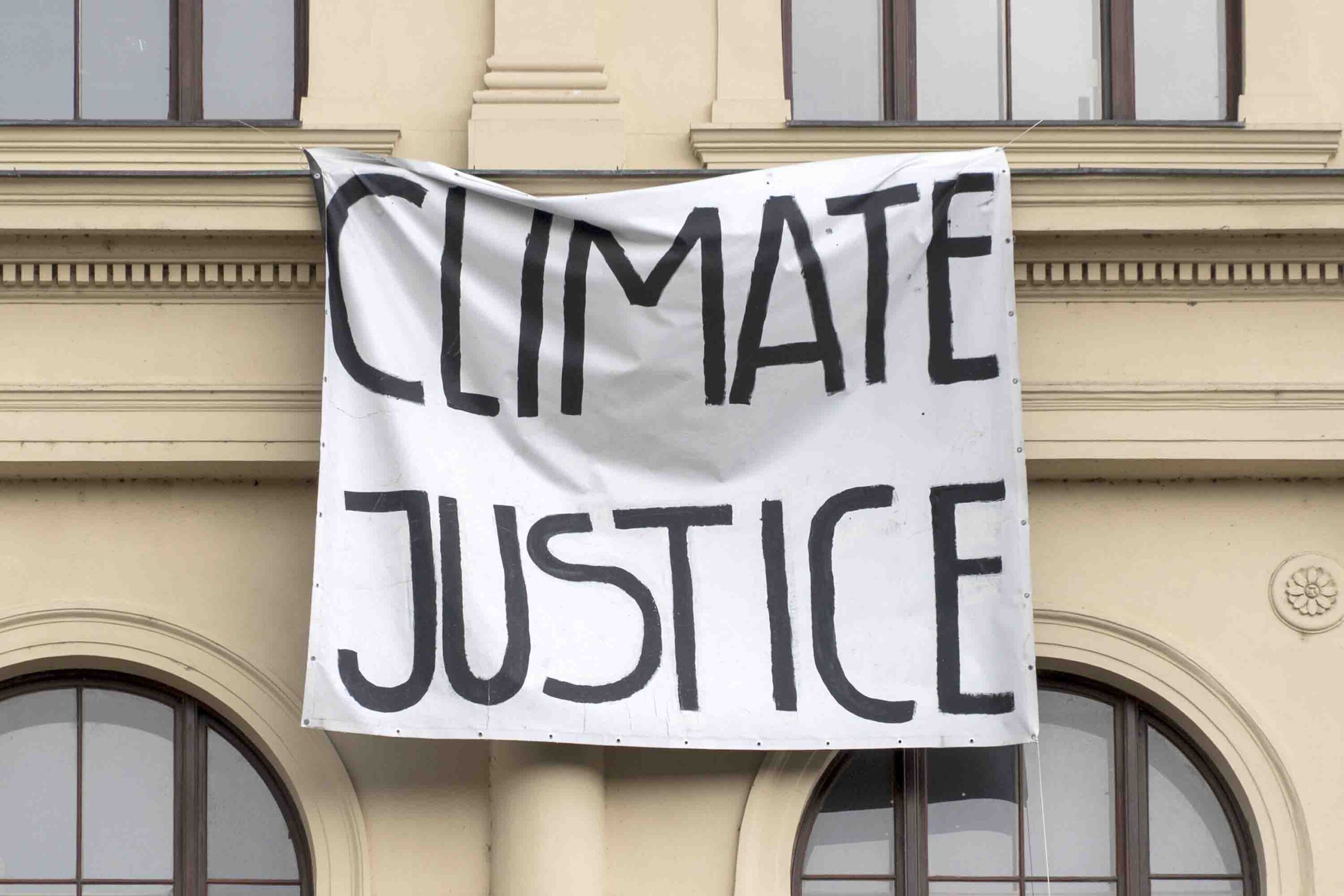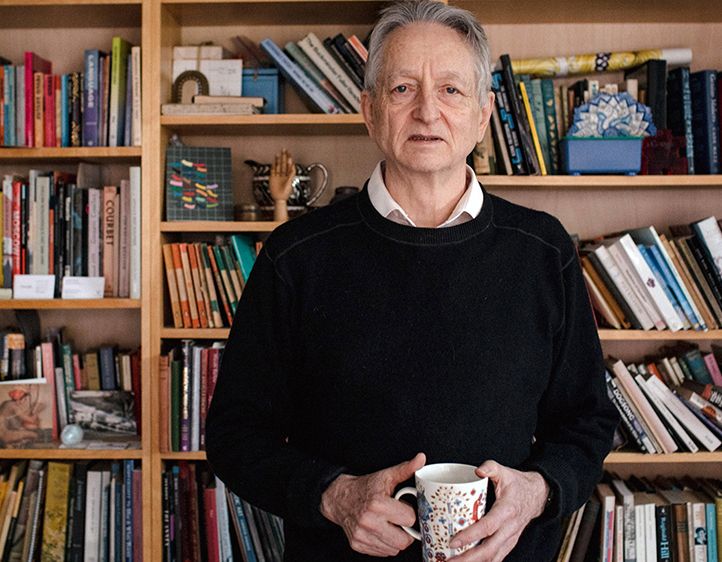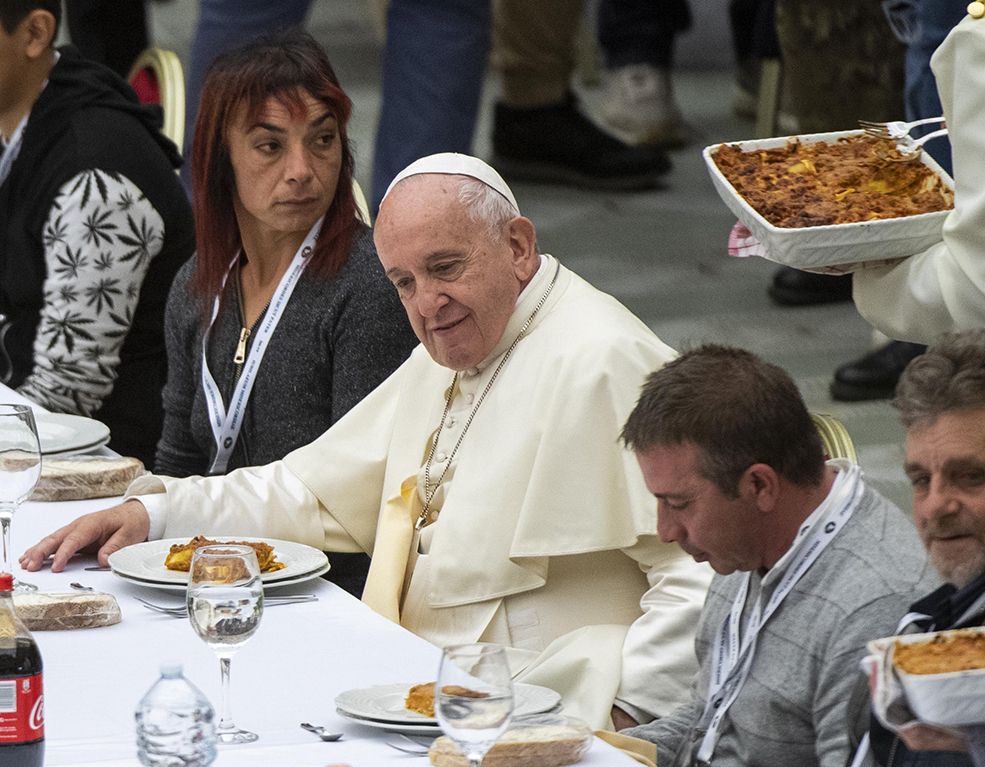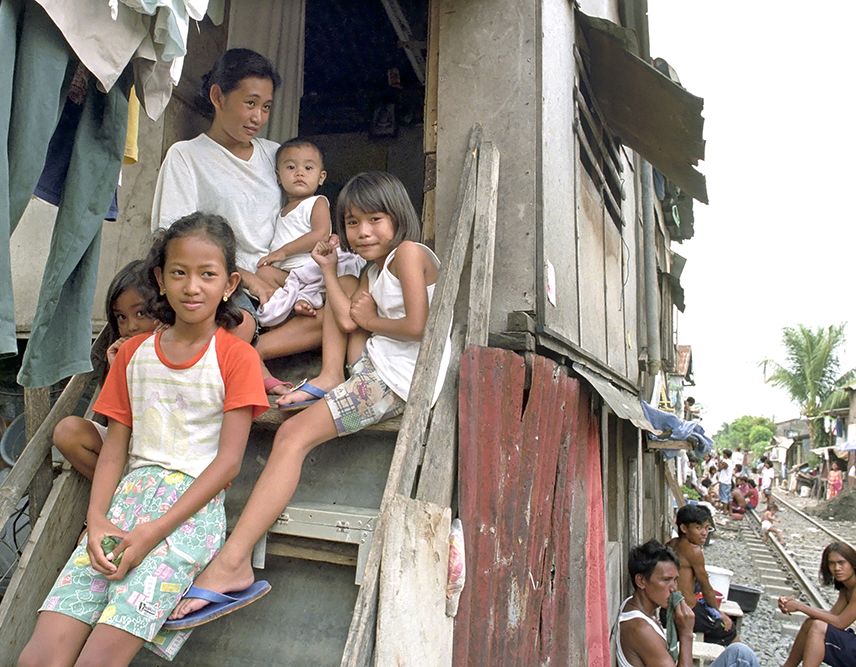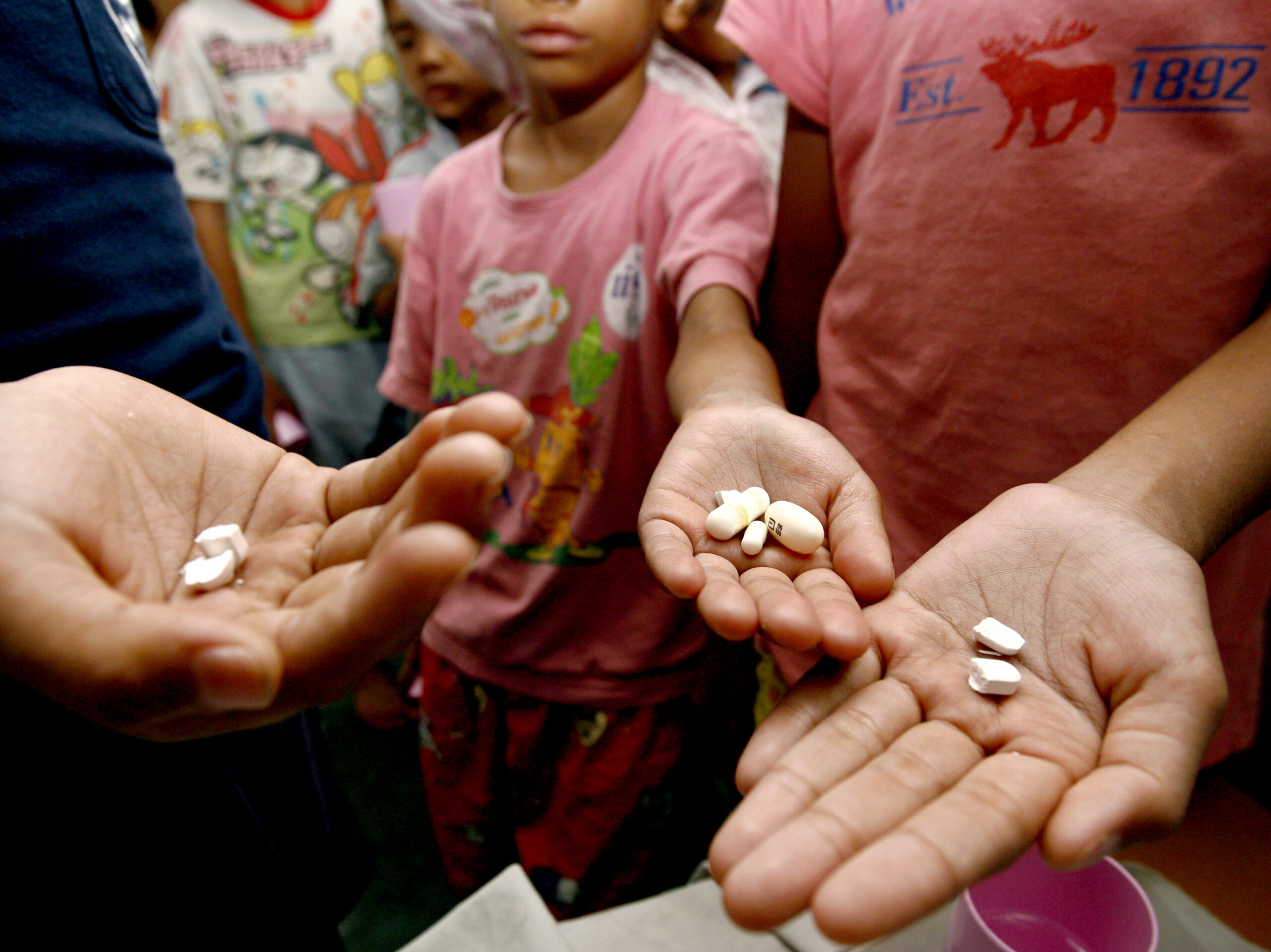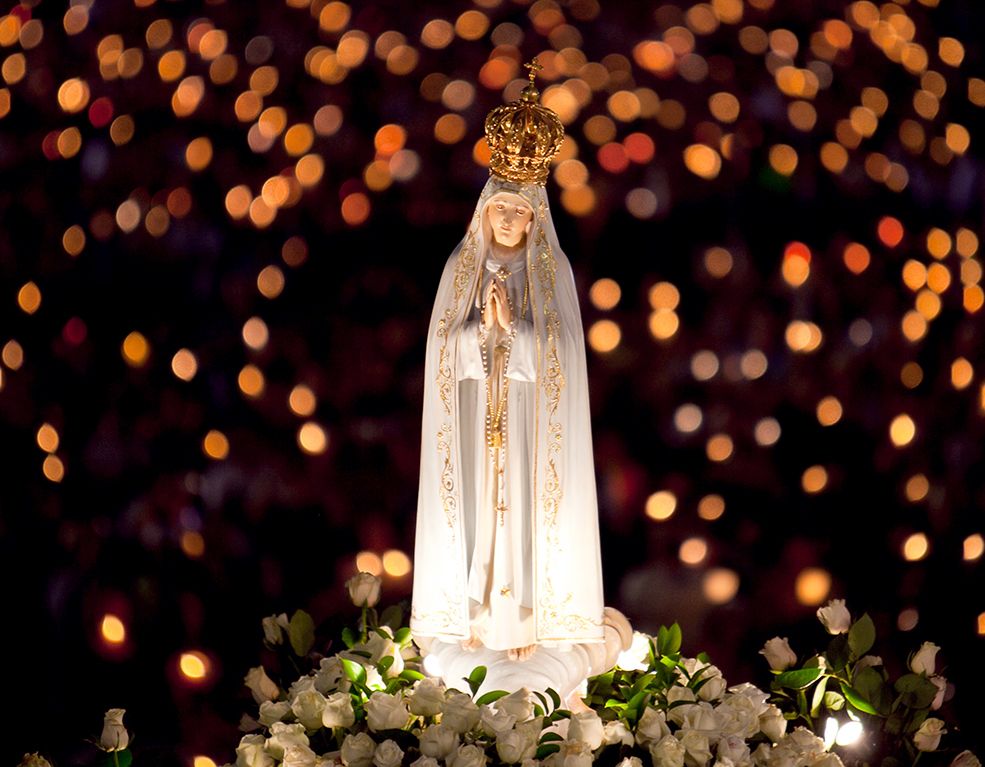Today, Synodality refers to the idea of a Church, the whole People of God, that “walks together,” a Church whose leaders and members listen more than talk and aspire to be more inclusive, participatory, and missionary. Synodality is Pope Francis’ legacy, and it is now central to the Catholic Church’s identity, life, and ministry.
The Jesuit pontiff has repositioned Synodality not as a passing initiative but as a foundational ecclesial model for Church renewal or what Vatican II calls Ecclesia semper purificanda (Lumen Gentium, 8). Francis has described Synodality as “what God expects of the Church in the third millennium.”
What makes Synodality a foundational ecclesial model? It is its deep missionary dimension, which is a better way to reach out to those in the peripheries and to better witness to the Gospel in a more inclusive, dynamic, and participative way.
When Robert Francis Prevost (future Pope Leo XIV) was created a cardinal and appointed the prefect of the Dicastery for Bishops in 2023, he read a letter of thanksgiving, saying Pope Francis in Synodality has “reminded us that it is necessary to learn to listen like the saints, like St. Francis of Assisi, who listened to the voice of God, the voice of the poor, the voice of the sick, and the voice of nature.”
In my humble opinion, with Leo XIV as our new pope, new perspectives on Synodality are now slowly emerging, and these new perspectives lead us to reflect once again on the core elements of Synodality, which include listening to all, decentralization of authority, ecclesial discernment, participative consensus building, and decision-making–including women, youth, and the marginalized groups–with a strong emphasis on transparency, accountability, and evaluation.
SYNODALITY AND SOCIAL TEACHING
I shall now dwell on the theoretical and pragmatic relationship between Synodality and the Catholic Social Doctrine (CSD), which, in my assessment, is a bond that is deep and mutually reinforcing. I begin by saying that Synodality is the living expression of Catholic social thought. In what way?
Where Catholic social thought is Ecclesia ad extra, or on how the Church engages and dialogues with the world, Synodality is mainly Ecclesia ad intra, or how the Church relates within the Christian community and its members in a bond of genuine love, justice, compassion, and participation.
I must insist at the outset that Synodality is not just a method of governance but a communal and participative process that embodies the values and active commitments at the heart of Catholic social teaching. That’s where we find the interconnectivity between them.
It might be good to show the theoretical and pragmatic relationship between Synodality and the Catholic Social Doctrine, which lies in the following values and principles:
1. Human Dignity. This is the first of the CSD’s core principles, which emphasizes that every person is made in the image of God and deserves respect and integral development. This principle forcefully reflects Synodality by giving importance to listening to all, giving voice to everyone, especially those who are often unheard–the least and the last, women, indigenous peoples, and the most vulnerable members of society.
Synodality gives dignity a powerful voice to which the world should listen, as it honors their dignity by recognizing them as active participants and not only passive recipients.
2. Common Good. In Catholic social teaching, the common good is not just the majority’s interest but refers to “the sum total of social conditions which allow people, either as groups or as individuals, to reach their fulfillment more fully and more easily” (Compendium of the Social Doctrine of the Church, 164).
Synodality aims to build a workable system, structure, or process that prioritizes not just the welfare of specific groups but the common good of the whole Church, in fact of humankind. Because it is more than a process but a moral commitment, the Synodal process requires internal and inclusive dialogues, a longing for unity in diversity, and a mutual respect for the common welfare of everyone, regardless of race, ethnicity, age, gender, or religion.
3. Solidarity, another CSD principle, is the virtue by which we recognize our interconnectedness, seeing all as our brothers and sisters. Due to this universal bond, we are called to work together for the common good. It involves acknowledging our shared responsibility to promote the total well-being of others actively.
We are one human family, and our shared responsibilities extend across all boundaries. Solidarity is not just a feeling of compassion but a strong commitment to justice, peace, and the common welfare of all.
The Synodal process of listening, ecclesial discernment, and participative mission is rooted in solidarity, which means, among other things, standing with one another across differences and recognizing our interconnectedness as the living Body of Christ. In simple words, Synodality is the pastoral face of solidarity.
4. Participation. This principle emphasizes that everyone has a role in building a just and equitable society. This means actively engaging in sharing, listening, and decision-making systems, where one contributes one’s unique charisms and talents, and working together to address the most urgent social issues, such as climate change, migration, human trafficking, war, and hunger, among others.
Synodality encourages collective discernment, where bishops, priests, religious, and laypeople journey together and actively engage to fulfill our Synodal mission. In other words, Synodality is the Church living out the social principle of inclusive participation.
5. Subsidiarity. A core principle of Catholic social teaching, subsidiarity dictates that some matters should be handled at the lowest possible level of competence within society, closest to the issue and the affected individuals and communities. It emphasizes the importance of local institutions and individual initiatives to meet the basic human needs or protect human dignity.
Synodality, on the other hand, resists excessive centralization, affirms the fundamental role of the local church, and promotes participation, consensus building, and missionary discipleship at the grassroots level.
6. Preferential Option for the Poor. This principle refers to the prioritized acts of mercy in favor of the poor, recognizing that the most vulnerable members of society have a moral claim on our social conscience and works of mercy. Synodality creates space for the marginalized to shape the Church’s mission by opting for those in the peripheries. It invites them not as guests, but as sharers in our pilgrimage of hope. Synodality ensures the Church does not just speak about the poor but listens to those who have been historically excluded, such as women, indigenous peoples, LGBTQ Catholics, and the most vulnerable.
EMBRACING SYNODALITY
Every pope is different. Pope Leo XIV donned the traditional red velvet cape trimmed with white ermine fur that Francis refused to wear. Yet, Pope Leo XIV embraces and continues Francis’ Synodal legacy, which is participative and inclusive.
The Vicar of Christ may not have the military or economic power of other global leaders, but what he has is the moral authority that the world needs.
However, Pope Leo XIV knows that a Synodal Church does not just dictate or present herself as the moral authority on the world stage. The Church through Synodality listens, cares, and responds to all peoples, even those with the faintest voices, making herself practically a voice for the voiceless.
In 2025, the College of Cardinals has positioned the Church as a force of sanity and dialogue in a world on the brink of destruction and at a critical moment. They did this by choosing Pope Leo XIV, now the most prominent American religious leader in history.
During his pontifical inauguration in May of this year, the Augustinian pontiff addressed the crowds gathered in front of St. Peter’s Basilica in flawless Italian. Then, he thanked members of his Peruvian diocese in perfect Spanish. He was almost saying that, though he is a US-born American, he is a different kind of American–an American who is not isolationist but who cares about all peoples and nations.
In his May 10 address to the College of Cardinals, Pope Leo XIV did mention the legacy of his predecessor and said that “Pope Francis masterfully and concretely set it forth in the Apostolic Exhortation Evangelii Gaudium: the return to the primacy of Christ in proclamation; the missionary conversion of the entire Christian community; growth in collegiality and Synodality; attention to the sensus fidei; loving care for the least and the rejected; courageous and trusting dialogue with the contemporary world in its various components and realities.”
Leo XIV is a pontiff rooted in Catholic social teaching, yes, but he also indicated during the formal inauguration of his pontificate that he intends to continue the Synodal path initiated by Pope Francis. Many Vatican observers are saying: Pope Leo XIV embraces and deepens Synodality precisely because Synodality is very much aligned with Catholic social teaching.
José Mario Bautista Maximiano is the lead convenor of the Love Our Pope Movement (LOPM) and author of the book Church Reforms 3: The Synodal Legacy of Pope Francis (Claretian, 2025). Church Reforms 1, 2, and 3 are now available at Lazada and Shopee. Email: jomaximiano@gmail.com

